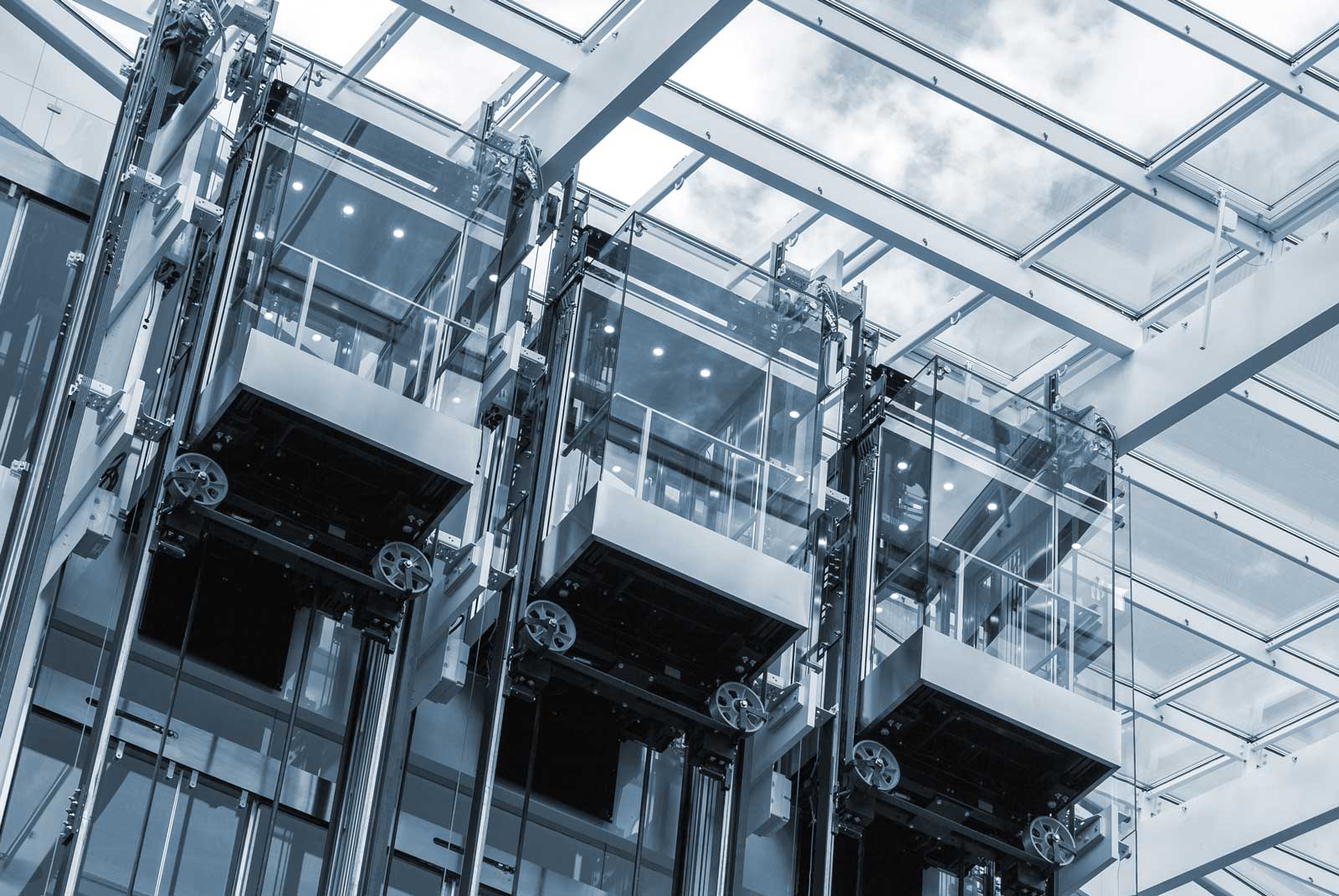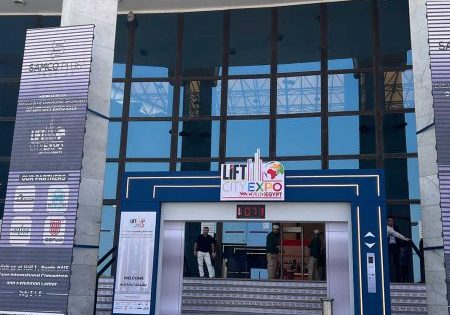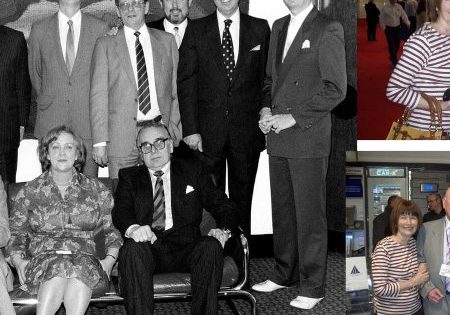Baltic states aim for massive renewal of domestic elevator stock in coming years.
The authorities of the Baltic states of Estonia, Latvia and Lithuania — former Soviet states that are currently part of the European Union (EU) — are planning to speed massive renewal of the domestic elevator stock as its service life is almost completely expired.
Even though all three Baltic states, with a combined population of approximately six million people, have been members of the EU for more than 20 years, the condition of their elevator stock has always been significantly lower than that of those conforming to the existing European standards in this field. This is mainly due to the Soviet legacy of all three states, which were part of the USSR from 1939 to 1991, when it collapsed as a result of Molotov–Ribbentrop Pact, a nonaggression pact that outlined the “sphere of interests” in the Baltic states for Germany and the Union of Socialist Soviet Republics (USSR). The secret protocols dictated that they became within the “sphere of interests” of the USSR in Eastern Europe.
The period of presence in the Soviet Union led to massive building of standard apartment buildings in all three states of the region, beginning shortly after the end of World War II. The peaks of such construction were observed during the 1970s, when most of the apartments were built as Brezhnev-era houses. For the first time, most of these houses were equipped with elevators. As of now, many of these elevators remain in service. While the first wave of elevator modernization in the region began around 1995 when new technologies and equipment became available on the market (mostly from the West), the number of old and outdated elevators remains high.
According to local regulators, the biggest problem is observed with technical maintenance of Soviet-era elevators. In accordance with the official data, all Soviet-era elevators in the region are at least 32-plus- years old (although their service life should not exceed 25 years).
In the case of Estonia, according to representatives of local regulators Tehnoaudit OÜ и Inspecta Estonia OÜ, in recent years it has become increasingly difficult to ensure maintenance of such elevators. Since young technicians are no longer familiar with such old models, it is almost impossible to train them to handle these elevators. In addition, access to spare parts for such elevators has become complicated in recent years. A significant number of them are supplied from elevator plants located in the territory of Russia and Belarus, which, due to sanctions imposed on Russia and Belarus, do not have permission to supply spare parts to the Baltic states.
The current situation sparks serious concerns from the authorities of Estonia and other regional states, according to which the renewal of the existing elevator stocks, particularly in the largest cities of the region, will become one of their priorities in years to come.
According to earlier statements made in an interview with MK Estonia business paper by Henri Söenurm, an inspector of the Estonian elevator regulator Inspecta Estonia OÜ, in older buildings built between 1970 and 1990, the most common elevators are those supplied by the Mogilev Elevator Plant, one of the largest elevator manufacturers in Belarus during the Soviet era.
According to experts, while there have been no massive cases of elevators falling in the Baltic region in general, the current situation is complex. The technical condition of many of the local elevators remains poor. Among their biggest technical problems are depreciated motors, outdated control systems and shaft doors, worn cables and floor buttons, outdated wiring in the elevator shafts, etc.
In the case of Latvia, local authorities have not ruled out the possibility of decommissioning most of the domestic Soviet-built elevators due to safety concerns. According to Chairman of the Committee on Public Administration and of the Parliament of Latvia (Saeima) Oleg Burovs, a special program for the renewal of elevator stock in the Latvian capital Riga and other major cities of the country will be approved soon. Burovs said:
“There is no doubt that many of our elevators need to be replaced, as their major overhaul is practically impossible. The elevators installed in multi-story residential buildings during the Soviet era are mostly equipped with mechanisms that do not meet modern standards.”
He added that upgrading and replacing elevators are not cheap. According to him, modernization will cost about EUR35,000 (US$40,000) per elevator, while installing a new elevator — depending on its equipment and the number of floors in the building — will be around EUR65,000 (US$73,000).
In general, for only the renewal of elevator stock of the Latvian capital of Riga, up to EUR100 million (US$111.8 million) of investment is required, allowing replacement of up to 1,500 elevators.
According to SIA “Rīgas namu pārvaldnieks”, which is the largest residential property management company in the Baltic states, the situation with elevators is complex in the region. Inita Kabanova, corporate affairs director of the company, recently said in an interview with Latvian media that although the company has found several leading European elevator manufacturers that can install new elevators with wide doors in Soviet-era buildings, no final decisions regarding these installations have been taken. The main reason is the lack of funds.
In the meantime, representatives of some global elevator manufacturers have expressed their interest in the expansion in the Baltics market, especially after the exodus from the markets of Russia and Ukraine.
In n exclusive interview, Katherine Lee, an official spokeswoman of Schindler, said the company sees some growth opportunities in service and especially modernization. She said, “New installations we predict as stable for 2025.”
Get more of Elevator World. Sign up for our free e-newsletter.










